AT&T expects 5G to bring back carrier-locked smartphones

5G networks are expected to bring a whole host of benefits such as faster speeds and much higher network capacities. But according to AT&T’s VP of radio networks and device, Gordon Mansfield, some unfortunate setbacks will also arrive.
For years now, US consumers have become accustomed to owning carrier-transferable 4G LTE smartphones – this removes the need to purchase a new device every time you switch carriers. But with the next-generation technology, this liberty may be taken away from consumers. As expected, not all carriers will be relying on the same frequency bands initially – AT&T will be using 39GHz 5G, Verizon will be using 28GHz 5G, and T-Mobile will be using a similar 28GHz band in addition to a 600MHz one – but due to the relatively new nature of 5G, Mansfield has stated that, so far, “nobody has figured out how” to support all carrier frequencies within one device as of yet. Fortunately, Mansfield does expect these issues to be resolved soon. In fact, he expects that, “as an industry,” the issue will be overcome rather quickly and doesn’t “think the single band introduction to millimeter-wave point of view will last very long.” But in the short run, the limitations will likely impact people's ability to switch carriers with ease.
Ultimately, these drawbacks mimic the issues seen with the initial 4G rollout towards the beginning of the decade. This means that Mansfield’s comments on the matter are expected to be accurate. Nevertheless, those who may be planning to get a 5G smartphone next year should take into account the limitations that come with adopting the technology so early on.
For years now, US consumers have become accustomed to owning carrier-transferable 4G LTE smartphones – this removes the need to purchase a new device every time you switch carriers. But with the next-generation technology, this liberty may be taken away from consumers. As expected, not all carriers will be relying on the same frequency bands initially – AT&T will be using 39GHz 5G, Verizon will be using 28GHz 5G, and T-Mobile will be using a similar 28GHz band in addition to a 600MHz one – but due to the relatively new nature of 5G, Mansfield has stated that, so far, “nobody has figured out how” to support all carrier frequencies within one device as of yet. Fortunately, Mansfield does expect these issues to be resolved soon. In fact, he expects that, “as an industry,” the issue will be overcome rather quickly and doesn’t “think the single band introduction to millimeter-wave point of view will last very long.” But in the short run, the limitations will likely impact people's ability to switch carriers with ease.
source: PC Mag
Follow us on Google News




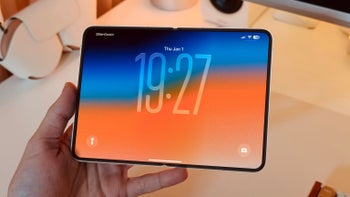
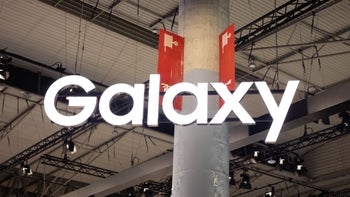
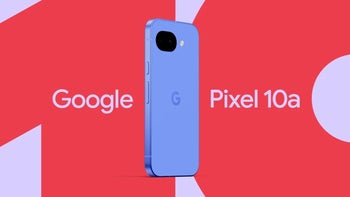
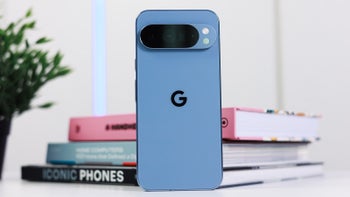
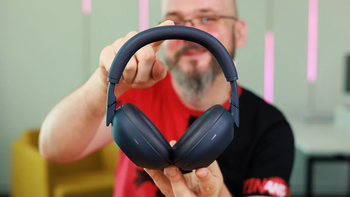
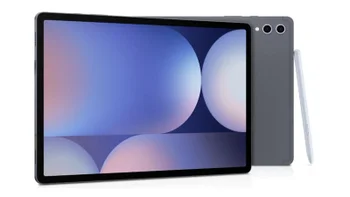
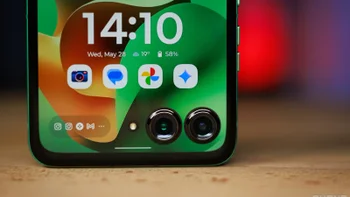
Things that are NOT allowed:
To help keep our community safe and free from spam, we apply temporary limits to newly created accounts: